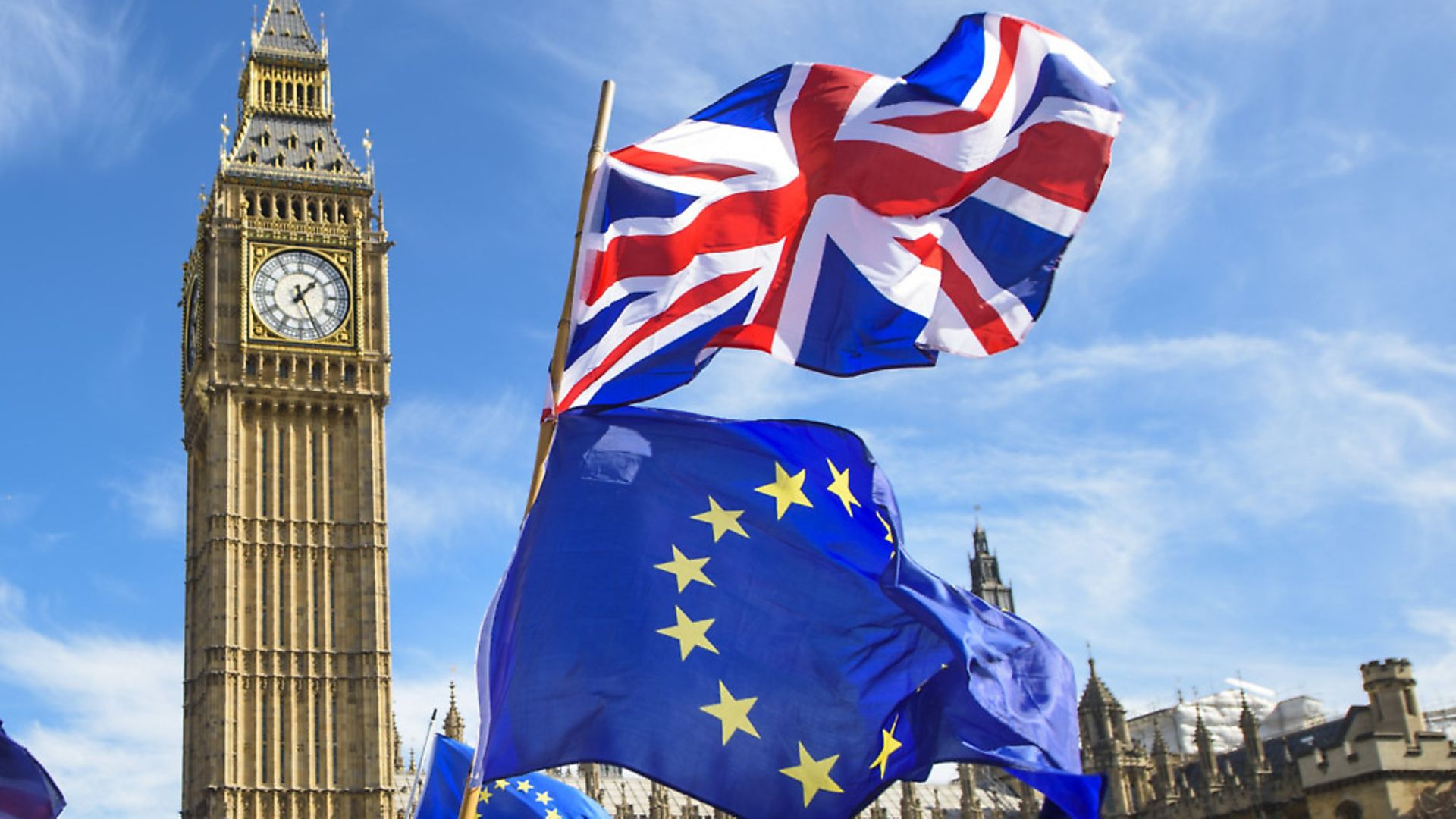
The UK can learn from New Zealand on how a second referendum can re-boot democracy, says MATT QVORTRUP.
Sometimes you need to know that you are absolutely certain. That is true when we shop on Amazon or eBay. We don’t buy things because we click on them. We have to confirm our purchase. The same is true with democratic decisions, especially when we are dealing with momentous and irreversible changes.
New Zealand is a good example. In the 1990s, the Kiwi politicians realised that irreversible decisions of historical importance should not be undertaken lightly.
In 1992, the country held a referendum on whether to adopt another electoral system. Over 80% of the voters voted for change. The following year, they were asked again, do you want to ‘change to the electoral system’. They were also offered an alternative, the MMP system (the one we use for London assembly elections and the Scottish parliament). A majority of 53% voted ‘yes’ and although the politicians were sceptical the changes were implemented.
This was a democratic exercise. It ascertained that the voters really wanted change, and it gave them a clear choice; either status quo or a new system.
New Zealand is now regarded as one of the most democratic countries in the world. And, as I have shown in my recent book Direct Democracy, New Zealand is one of the very rare examples of a country where distrust in politicians has fallen.
Before the referendum, 61% of the respondents ‘believed politicians were out of touch’. Two years later, that proportion had fallen to 51%. It might not all be due to the referendum, but the finding is remarkable all the same.
And it certainly puts paid to those who say that a second referendum would lead to public unrest and be a ‘betrayal of democracy’, as the prime minister often opines.
Just as we can learn from the All Blacks on the rugby pitch, we ought to learn from the Kiwis in politics. New Zealand is like us in so many ways. Like Britain, our brethren in the southern hemisphere do not have a written constitution. Like us, they have a system of parliamentary sovereignty. For all practical purposes, we have a similar system. We should also use referendums like they do. To put it differently, it is time for us, in the UK, to follow the New Zealand way – and have a second referendum.
But New Zealand is not the only example of how second referendums have been used. In developed democracies, it is commonplace to ask the people if they have changed their minds. For that reason, many countries have held several referendums on the same issue. The reason is simple. Things change, and so do attitudes; ‘the people’ is never a static entity.
A couple of examples, will suffice. The Irish voted to reverse their ban on abortion in May 2018, after they had voted for abortion in the 1990s. And the Swiss did not disenfranchise women in perpetuity just because, a majority of the male voters in the alpine republic voted against female suffrage in 1959.
The voters were allowed to have another say, and reversed the original decision in 1971. To say that this is undemocratic is an absurdity.
Of course, it is not just in Ireland, New Zealand and Switzerland that people realise that a second referendum can be necessary to give legitimacy. Before the UK’s 2016 vote, Nigel Farage was honest enough to say, ‘In a 52-48 referendum this would be unfinished business by a long way’. And his fellow Brexiteer, Boris Johnson, expressed the same view, in his column in the Daily Telegraph.
Brexiteers are fond of referring to the ‘Brexit people voted for’. Based on the statements of both Farage and Johnson, the people voted for a second referendum; this is what the two Brexiteers promised.
Given the positive experiences from New Zealand and the two prominent Brexiteers’ statements in 2016, there is no excuse for not holding a second referendum along the lines of the Kiwi referendum. It is democratic, leads to more trust in the political system – and it avoids the hard Brexit that only has the support of the eccentric fringes of the Conservative Party.
Matt Qvortrup is professor of political science at Coventry University; his book The Referendum and other essays on Constitutional Politics, will be published by Hart Publishers in March 2019






